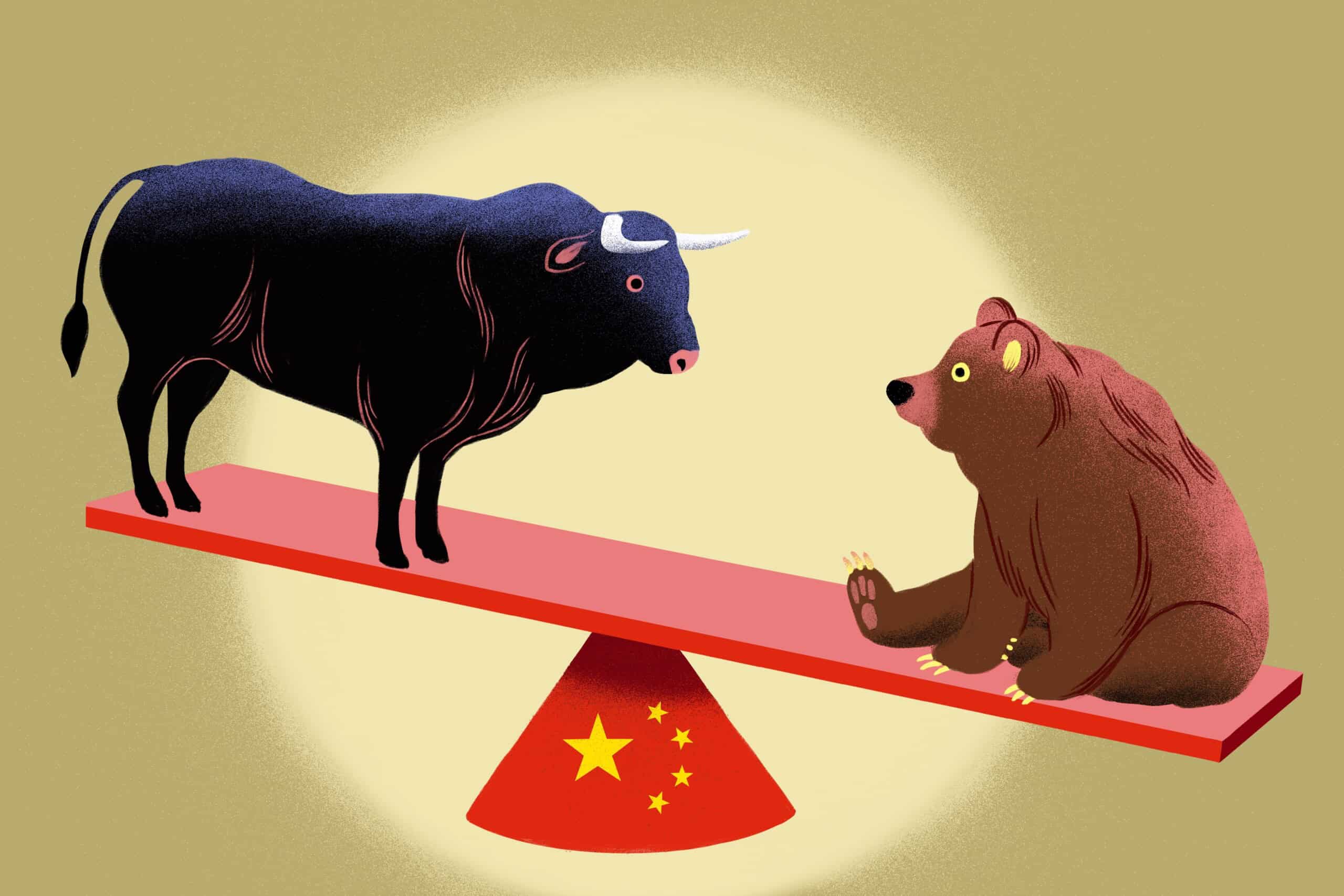Good evening. In recent months, one of China’s most aggressive misinformation campaigns in Taiwan has been the narrative that Taiwan’s Democratic Progressive Party is “hollowing out” TSMC with U.S. help. As our cover story this week shows, this has led to a pervasive fear on the island that goes deeper than simple national pride, and it’s forcing a rethinking of what role TSMC plays on the island. Elsewhere, we have infographics on the state of private market investment in China; an interview with Brendan Mulvaney on China’s aerospace ambitions; a reported piece on the challenges facing Biden’s plans for investment screening; and an op-ed from Stephen Roach about America, China and Russia’s historical amnesia. If you’re not already a paid subscriber to The Wire, please sign up here.
Want this emailed directly to your inbox? Sign up to receive our free newsletter.
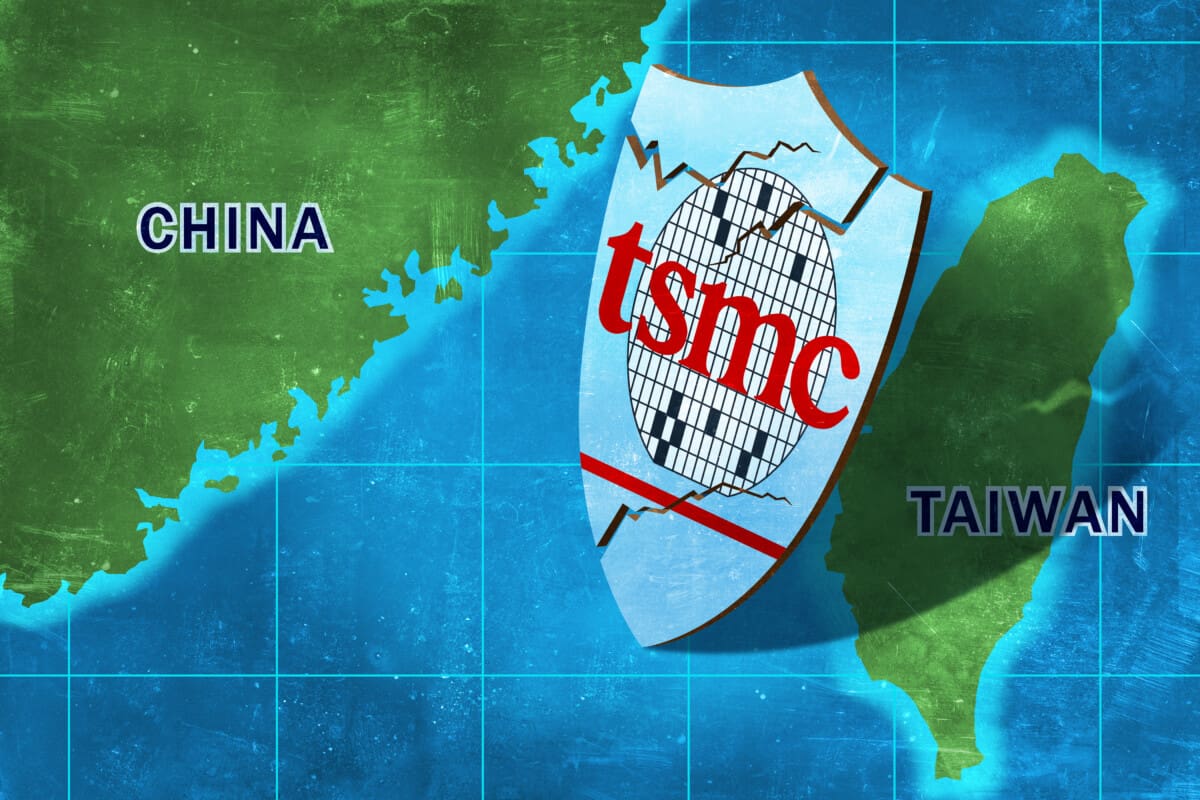
TSMC’s Turning Point
TSMC has long been viewed as the core of Taiwan’s ‘silicon shield.’ If China invaded Taiwan, the theory went, the island’s outsize role in the global semiconductor supply chain would create incentives for allied nations to come to its defense. But with TSMC facing significant pressure to expand overseas, and with the U.S. turning the screws on China’s own efforts to obtain chips, many in Taiwan fear there are cracks in the shield. Now, as Gregor Stuart Hunter reports, TSMC must manage its growing pains abroad, while playing defense at home.
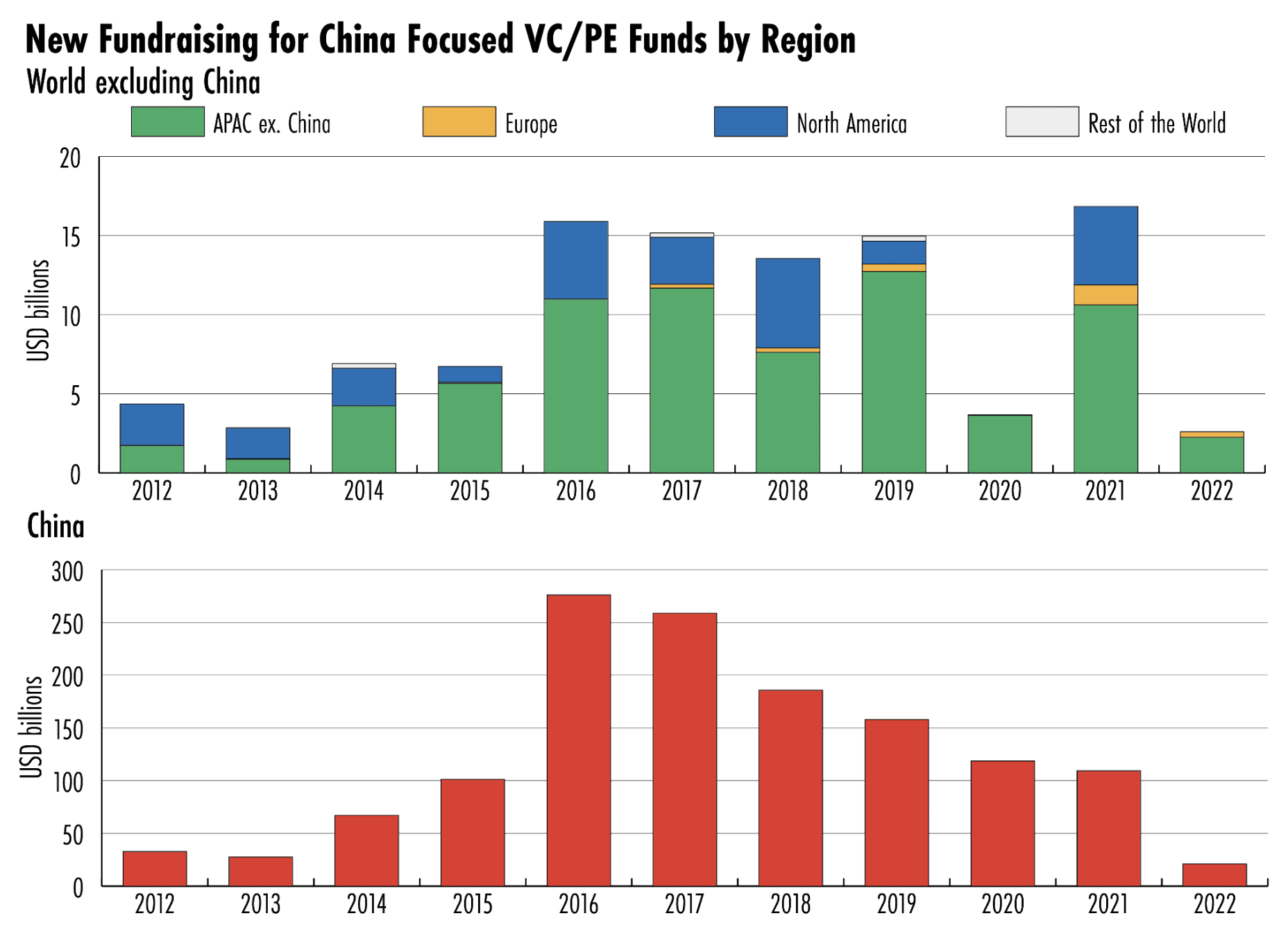
The Big Picture: Nothing Ventured
As our News Analysis this week explains, the Biden administration is currently mulling plans for a new system to monitor U.S. investment into China, amid fears that American money is fueling its rival’s technological advances. This week’s infographics by Eliot Chen look at the state of private market investment in China: who’s making investments, how those investments help Chinese and U.S. firms, and the limits to how much is publicly known about that investment activity.
A Q&A with Brendan Mulvaney
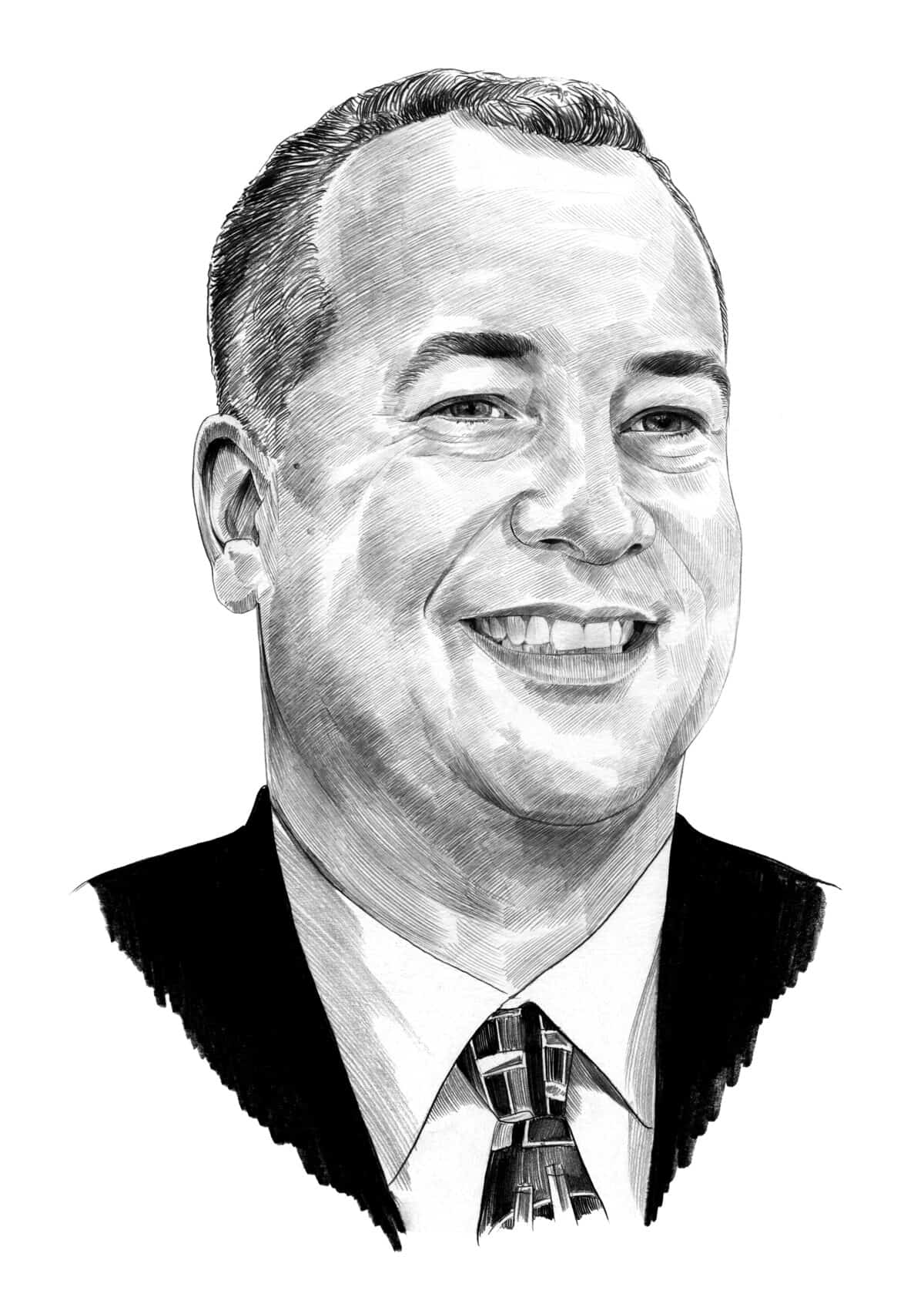
Brendan S. Mulvaney has been studying the Chinese military since 2003 when, as an officer in the Marines, he was sent to get his PhD at Shanghai’s Fudan University. In 2017, he was named the inaugural director of the China Aerospace Studies Institute (CASI), a think-tank based out of the Air Force’s Air University and the National Defense University that researches Chinese air power. In this week’s Q&A with Jennifer Conrad, he talks about China’s ambitions in near space, what we should make of the spy balloon saga, and why we need to keep the lines of communication with China open.
Brendan Mulvaney
Illustration by Lauren Crow
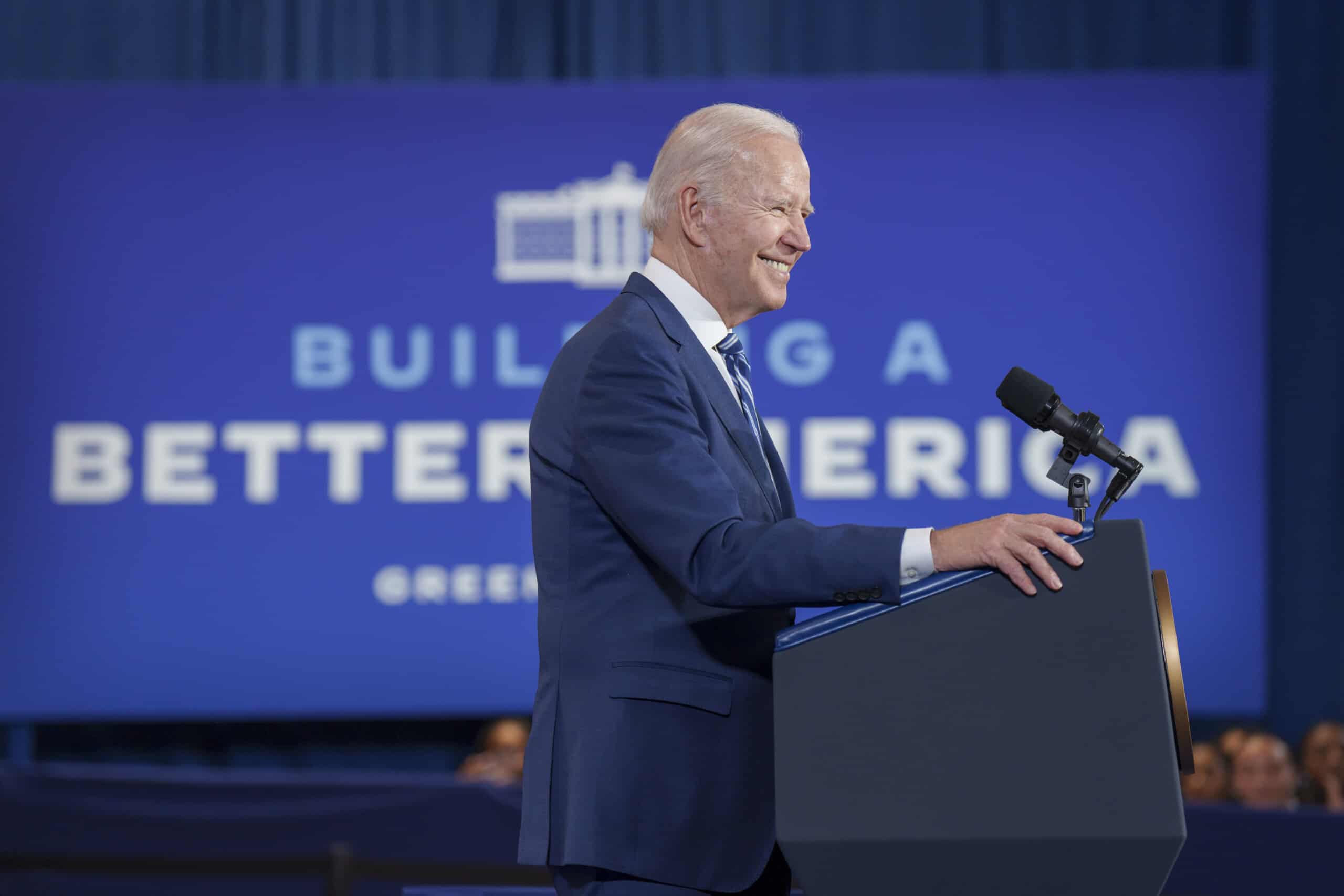
Biden’s Screening Test
The Biden administration has plans to release an executive order on investment screening in the coming months, increasing U.S. government scrutiny on the billions of American investment dollars flowing into Chinese high tech firms. But as Katrina Northrop reports, despite strong political pressure, putting the policy into practice may be harder than many in Washington expect.
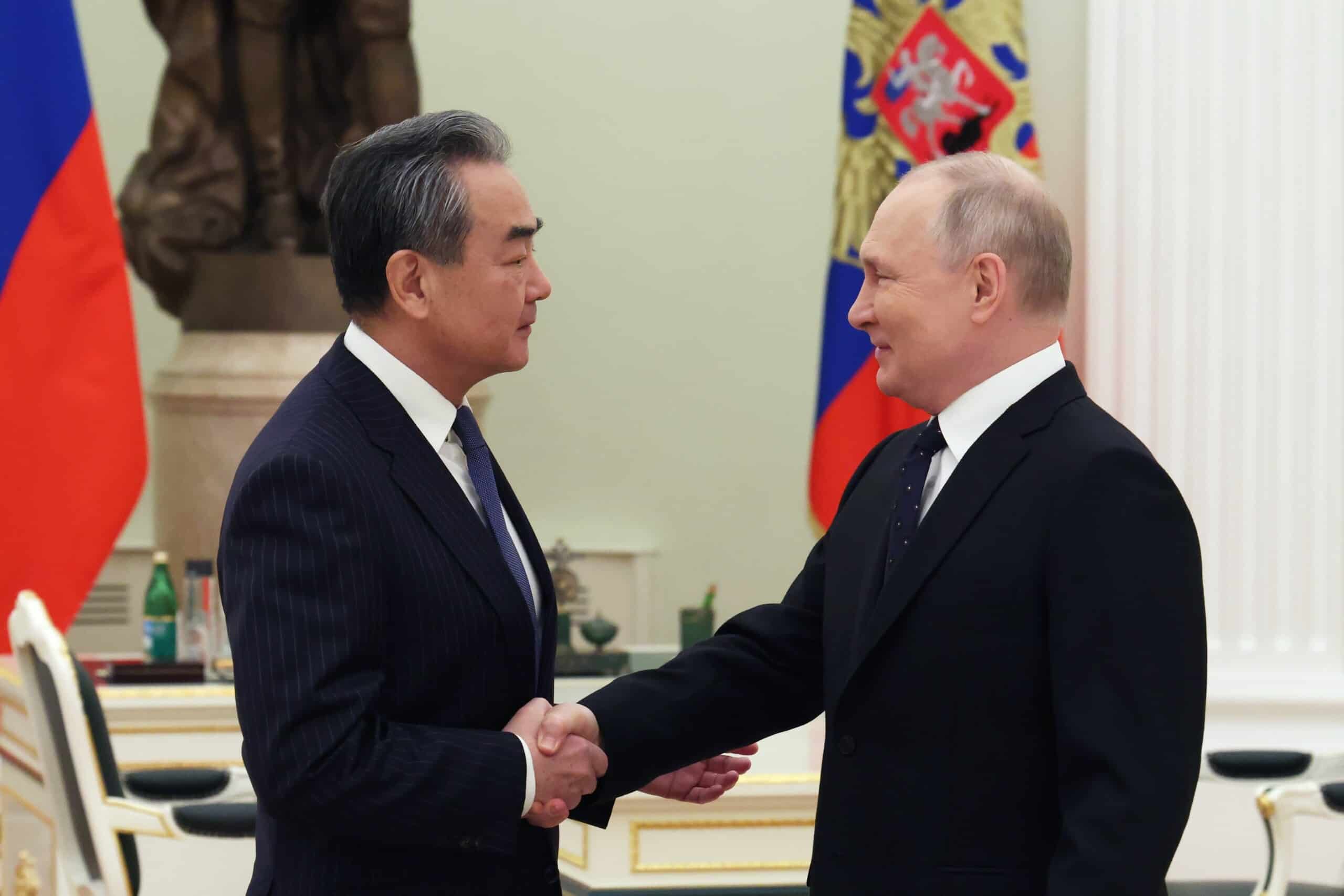
Sleepwalking Toward Accidental Conflict
In this week’s op-ed, Stephen Roach writes that the argument minimizing the risk of a war between major powers — that today’s globalized, interconnected world has too much at stake to risk a seismic unraveling — is painfully familiar. It is the same argument that was made in the early twentieth century, when the first wave of globalization was at its peak.
Subscribe today for unlimited access, starting at only $19 a month.

